International. Volkswagen Group brands have joined the Leather Working Group (LWG), which seeks to play a leading role in the automotive industry in terms of responsible procurement of raw materials.
Dirk Große-Loheide, Head of Procurement and Member of Volkswagen's Extended Executive Committee, said the company is taking responsibility for sustainable and transparent supply chains.
"Becoming a member of the LWG is an important step. The organization's expertise will help us become even more sustainable in our use of leather," he said.
Barbara Frenkel, Member of the Executive Board for Acquisitions at Porsche AG, said leather is a quality brand for customers.
"The facilities in which our leather is manufactured are also important. They should receive LWG certification," he said, adding that, together with suppliers, they are committed to internationally accepted standards.
LWG is a non-profit organization that ensures transparency as well as uniform environmental and social standards for leather supply chains around the world.
It also offers leather manufacturer certification. LWG's nearly 2,000 member companies account for more than a quarter of the world's finished leather production.
Members include players from across the leather supply chain: from tanneries to leather processing industries and partnerships for traders and buyers.
Joining the Leather Working Group supports the Volkswagen Group's ambitious sustainability strategy. In 2021, the Group published its first Report on Responsible Raw Materials. In the report, it details its methodology and activities as part of a newly established management system for the procurement of raw materials.
The report covers 16 high-risk commodities, including battery materials such as lithium and cobalt, but also leather.
The greatest risk to human rights and the environment is often found at a level of the supply chain where Volkswagen itself has no direct contractual relationships. This makes achieving transparency and implementation of standards particularly challenging.
Material-specific tender specifications for leather were introduced in early 2022. Since April of that year, suppliers must comply with these for all new contracts awarded.
The specifications require both disclosure of the country of origin of the raw material and a leather-specific sustainability certificate, issued, for example, by LWG.
Volkswagen therefore requires its suppliers to respect animal welfare and be responsible in the production and processing of their leather.
For example, strict criteria must be met regarding water use and the prevention of water contamination in the tanning process. As a matter of principle, brands do not use any leather that contributes to illegal deforestation.


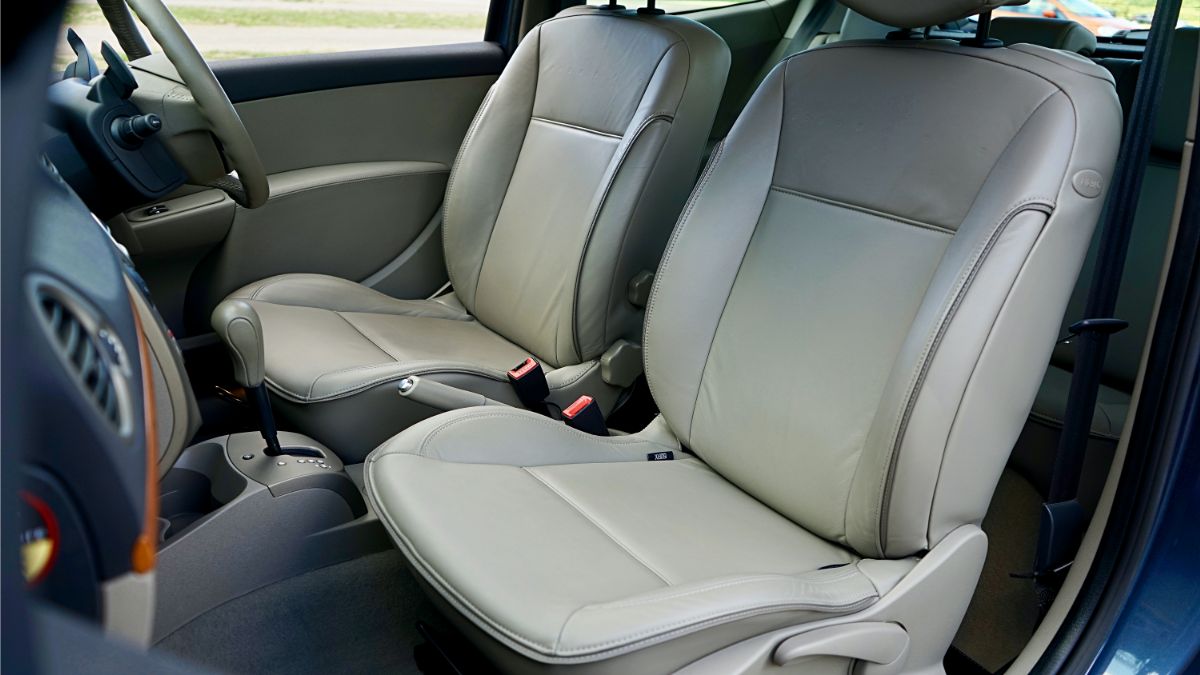

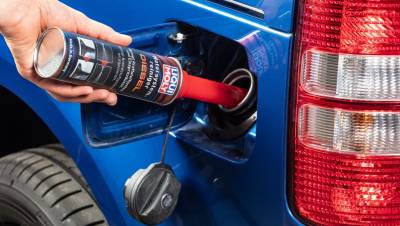

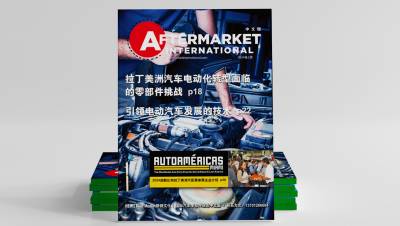

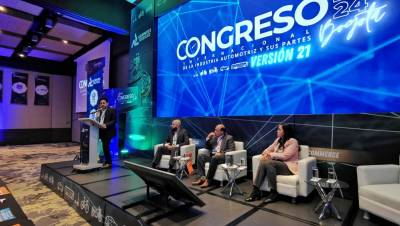


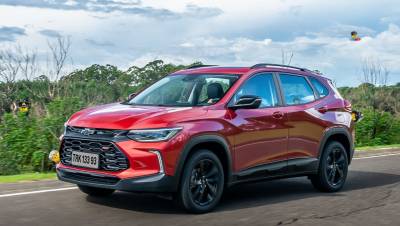
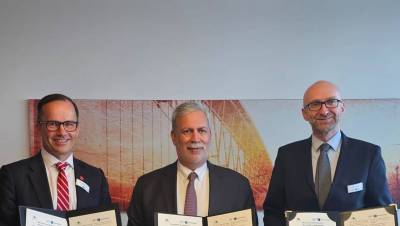

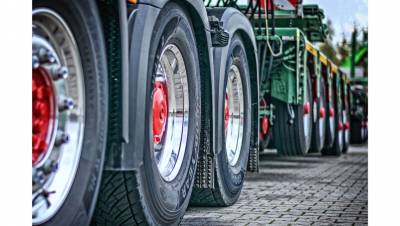
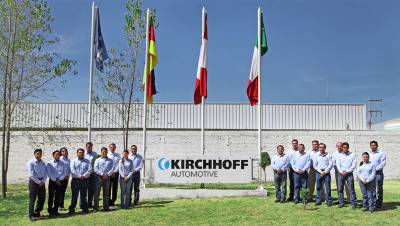
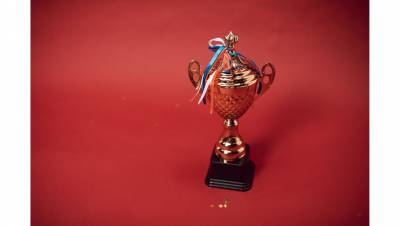



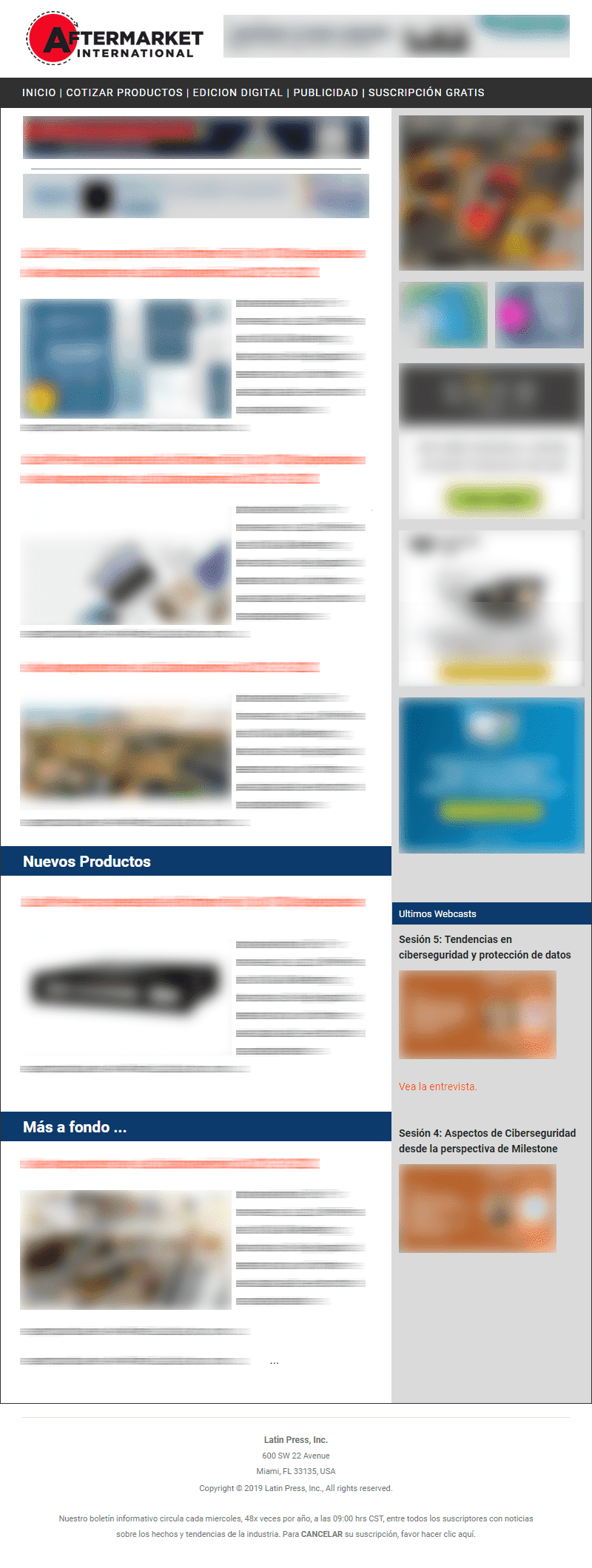
Leave your comment